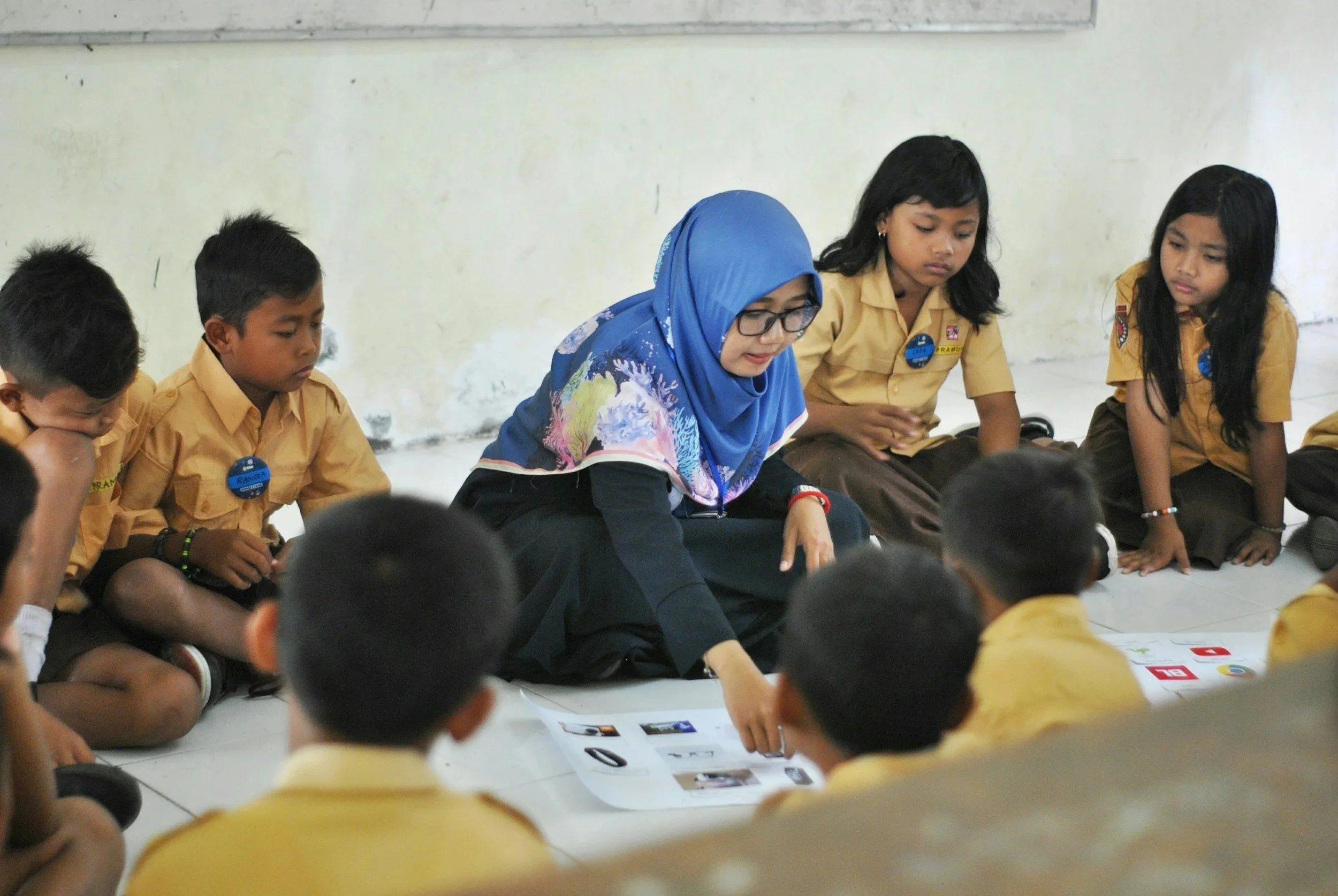How to Advocate for Vulnerable Children at Every Level: Personal, Community, and National
10/8/25 | By: Laura Pearson
You don’t need to be a policymaker, social worker, or foster parent to make a meaningful difference in the lives of vulnerable children. Every individual has the capacity to act—whether by showing up for one child, helping shape a stronger support system in your community, or influencing national policies that affect millions. Advocacy is not a single action; it’s a layered effort that starts at home and expands outward. Here’s how you can take concrete steps across three levels—personal, community, and national—to stand up for children who need you most.
Start Close: Personal Advocacy
Change starts with one child. One of the most direct ways to protect and empower vulnerable youth is to become a court-appointed special advocate. These trained volunteers serve as the voice for children navigating the foster system. CASA volunteers meet with
children regularly, attend court hearings, and advocate for their best interests, especially when they have no one else in their corner. If you’re ready to step into that role, start by learning the CASA training requirements and what kind of time commitment and support is involved.
Make It Easier to Share What Matters
Effective advocacy doesn’t always mean being on the front lines—it can mean being behind the scenes, making sure flyers, forms, and action sheets are easy to use and widely accessible. Whether you're organizing a donation drive, translating school notices, or distributing intake paperwork for volunteers, clean formatting matters. If you're working across different devices, or need to edit and share PDFs without clunky downloads, visit this page to use streamlined online tools that don’t require a design background. These small improvements in how materials are handled can make a big difference in who gets included and who gets missed.
Support the Circle: Show Up for the Caregivers
Every vulnerable child is surrounded—at best—by overworked adults trying to help them heal and grow: foster parents, teachers, counselors, social workers. Often, these caregivers operate with minimal resources and even less recognition. You can make a powerful difference by backing them up. Sometimes that looks like offering a meal, school supplies, or transportation help. More often, it’s consistent attention and respect. CASA volunteers, for example, are trained to build trusting monthly visits with children and maintain open lines of communication with caregivers, showing that consistency fosters stability in kids’ lives.
Build Something That Can Grow With You
What starts as one person helping a child can quickly become a movement. Maybe it’s a foster closet run out of a garage, a weekend tutoring club, or a neighborhood meal delivery plan. When the effort grows beyond what you can manage casually, it’s time to think structure—especially if you want to apply for grants or bring on community partners. That’s where you might choose to form a nonprofit corporation and take your advocacy into a new phase. The shift isn’t about red tape—it’s about long-term stability for the children you’re trying to serve.
Become a Lifeline: Join a Mentorship or Crisis Care Program
Children in crisis don’t just need shelter—they need relationships. That’s why volunteering with programs like crisis nurseries or mentoring networks can be transformative. Whether
it’s rocking a newborn for an hour or texting encouragement to a teen facing homelessness, these connections offer dignity and stability. If you're not sure where to begin, crisis nursery volunteer roles explained can help you understand what's needed and how to get trained.
Shape the Future: Engage Policymakers
The systems that shape a child’s life can’t improve unless someone pushes them to. Your voice—paired with lived stories and consistent presence—can influence those with power. The best place to start is knowing how to enter the conversation. The toolkit for reform advocates nationwide equips you with real strategies to meet with lawmakers, present meaningful data, and personalize the issue in ways that move policy forward.
Go Macro: Support National Advocacy Campaigns
While personal and local actions are vital, large-scale change happens when national policy shifts. Supporting the work of experts who are already organizing across states can multiply your impact. The national coalition pushing policy change at the federal level—like the National Coalition for Child Protection Reform—provides briefings, analysis, and campaigns you can support to advance more humane, data-driven systems that truly center children’s needs.
Advocacy is a relay, not a solo sprint. One person can’t fix every issue vulnerable children face—but one person can show up in a way that opens a door, changes a policy, or affirms a child’s worth. Whether you mentor a child in your neighborhood, join a local network, or lend your voice to national reform, you are part of a larger movement. And that movement only grows when we act.
Embark on your healing journey with Monarch Wellness & Psychotherapy and discover the power of connection and understanding in transforming your life today!





